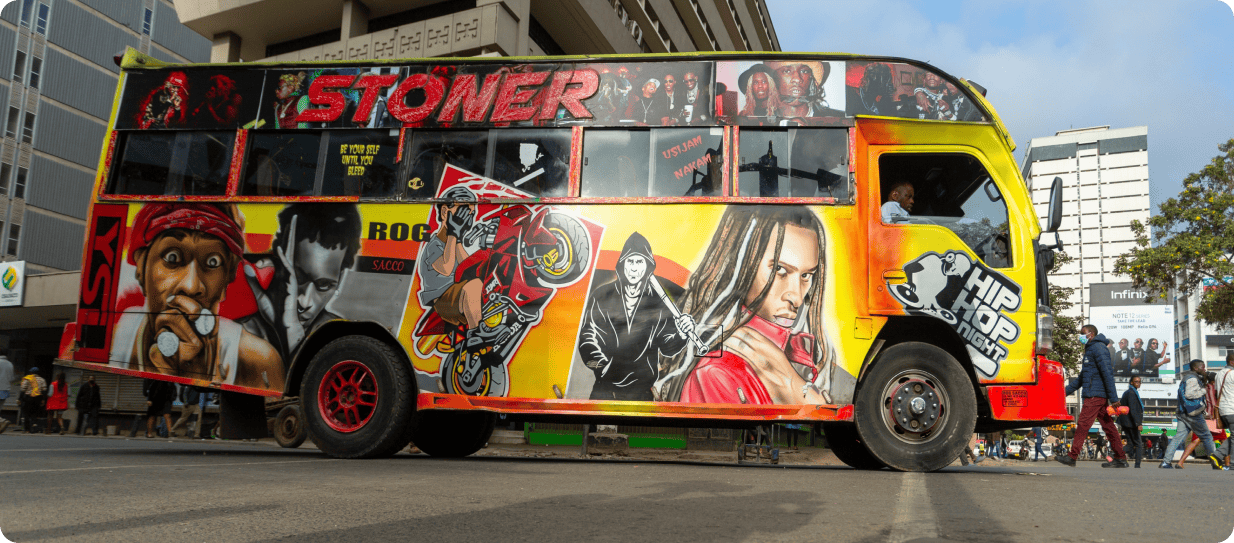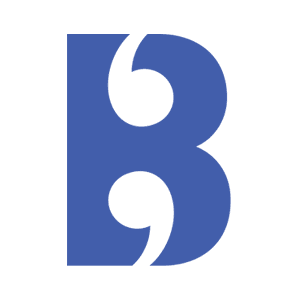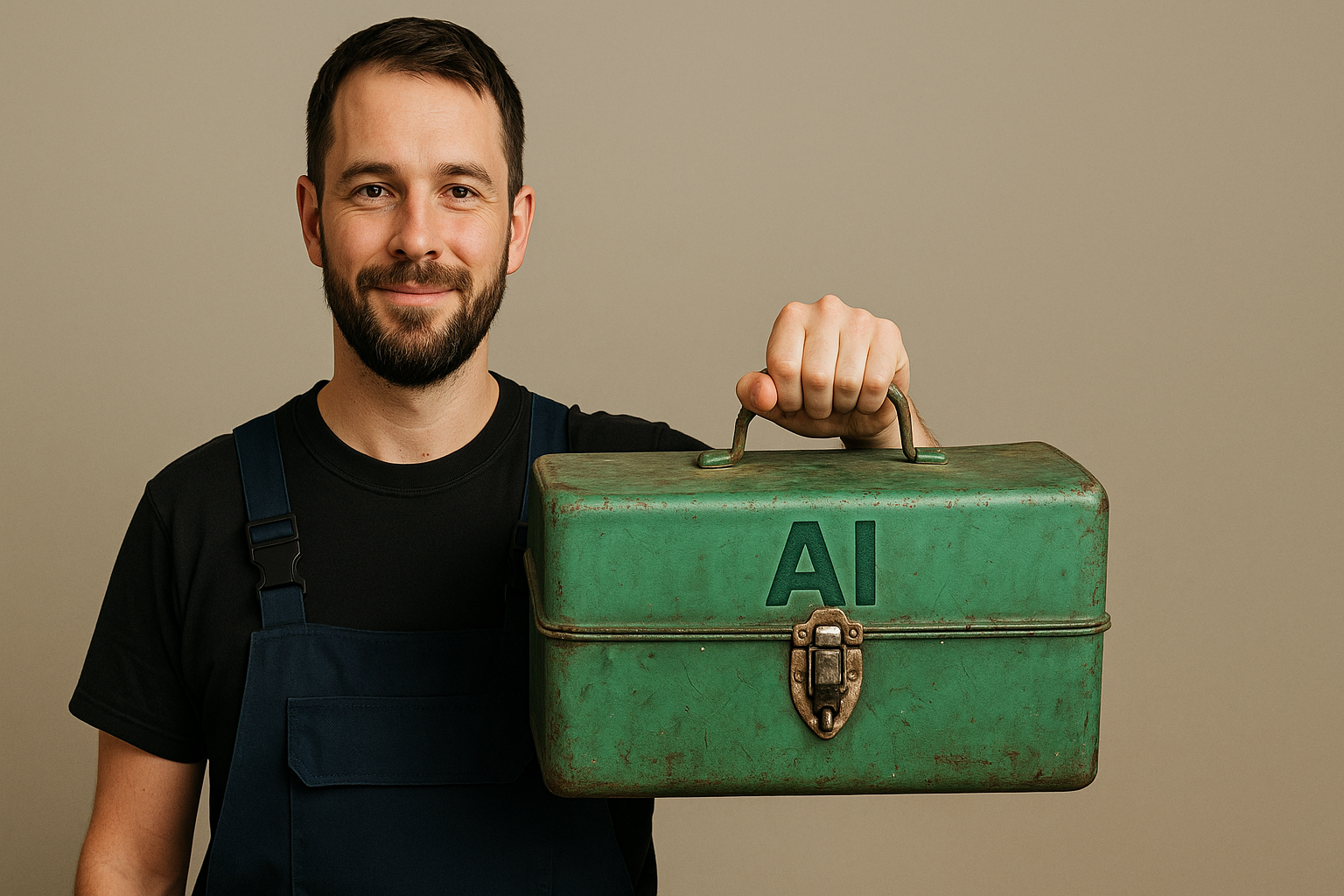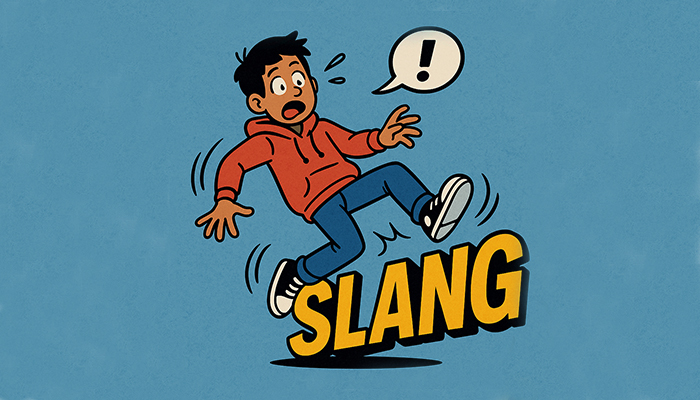Languages Localisation Marketing translation
How a Gangster Pope and a Gritty Bus Scene Are Shaping Language in Kenya

Nairobi’s manyangas are not just public transport, they are moving platforms for culture, taste, and language. Look at the side of one and you might see a machine gun-toting nun, a gangster Pope Francis, or Kratos from God of War, a loud signal of what is circulating in the city right now.
Inside, that same energy shows up in speech. Sheng blends Swahili, English, and local languages, then evolves quickly as people test new words in conversation and carry them across neighbourhoods and routes.
If you translate content, build brands, or run campaigns, Sheng is a reminder that language is alive. To sound current, you need to understand how people actually speak and how new phrases spread.
What Is Sheng?
Sheng is a mash-up of English, Swahili, and regional dialects like Kikuyu and Luhya. It began in Nairobi’s Eastlands neighbourhood as a way for young people to communicate privately, blending linguistic fragments into something uniquely theirs.
Over the decades, it’s grown from underground street speak to a full-blown cultural force and the manyangas have played a surprisingly key role in that journey.
The Donda Effect
Each manyanga has a crew, and at the centre of that crew is the donda, the conductor. Dondas are streetwise style icons, often decked out in silver-capped teeth, slick trainers, and local slang.
But they’re not just taking fares. They’re curating culture. Dondas invent new words on the fly to communicate discreetly with drivers, respond to passengers, or just show off their wit. And thanks to the sheer volume of people using matatus every day, those words spread fast.
Linguists estimate that a new Sheng word can take as little as two days to travel from a donda’s lips to the rest of Nairobi and beyond.
Moving Messages: How Language Travels
The impact of Sheng extends well outside the bus. In recent years:
- The Kenyan government has used Sheng in public health and voter engagement campaigns.
- Advertisers have embraced Sheng to connect with younger audiences.
- Pop culture (music, comedy, memes) has carried Sheng to Tanzania, Uganda and across diaspora communities online.
As Sheng adapts to new platforms and places, it’s no longer just a language of rebellion. It’s a language of influence.
Why This Matters to Translation
Languages like Sheng challenge conventional translation. They evolve quickly, thrive on creativity, and defy standardisation. That’s exactly why they matter.
For translators and brands alike, understanding the cultural flow of language, not just grammar, is crucial. It’s how we avoid sounding robotic, tone-deaf, or worse, outdated.
At Brightlines, we don’t just translate words. We translate meaning, culture, and intent. Whether it’s a website or a social campaign, we work with linguists who live and breathe the local dialects, cultural codes and emerging slang.
What Can Brands Learn from Sheng?
- Language is never static. Keep an eye on how your audience speaks today and not five years ago.
- Cultural currency matters. The right phrase in the right context can make your brand feel instantly more relatable.
- Humour, rhythm and tone are just as important as accuracy.
- Local voices lead the way. Authenticity comes from within, not above.
Manyangas show how quickly meaning can travel when it has a vehicle, an audience, and people with something to say. Sheng does the same, it lives in the crowd, it evolves in public, and it rewards brands that listen before they speak.
For translation, the lesson is simple: fluency is not enough. If your message needs to feel natural, current, and credible, you need local linguists who understand tone, context, and the cultural currents shaping the words.
Translation isn’t just about getting from A to B. It’s about understanding the road.
If you want help translating content for Kenya or any fast-moving market, contact us here or if you know what you want get a quote here
Read more here:
CNN – Matatus – Nairobi’s loud, vibrant minibuses – face an uncertain road
Sheng: Shaping Kenya’s identity








